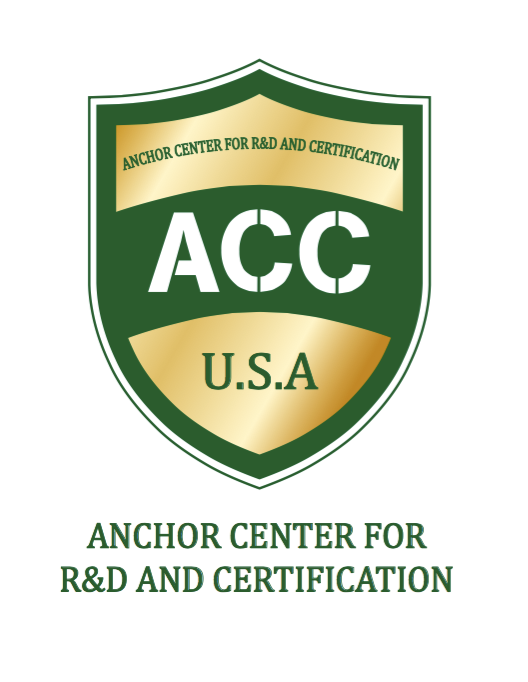US GRAS & NDI:
In the United States, any novel ingredients intended for use in foods and dietary supplements must either be classified as Generally Recognized as Safe (GRAS) or be approved as a New Dietary Ingredient (NDI) by the Food and Drug Administration (FDA).
GRAS Pathway:
A GRAS-affirmed ingredient is one that qualified experts have evaluated and found safe for its intended use based on publicly available scientific evidence. There are two ways to establish GRAS status for an ingredient
l FDA-Notified GRAS – This involves submitting a petition to the FDA to review your ingredient, after which the FDA may issue a “No Question Letter” to confirm its GRAS status.
l Self-Affirmed GRAS – In this process, you independently affirm that your ingredient is GRAS based on a scientific expert panel’s conclusions. This approach is the most common in GRAS determination
NDI Pathway:
Under the Dietary Supplement Health and Education Act of 1994 (DSHEA), an ingredient for a dietary supplement not marketed in the US prior to October 15, 1994, is labeled a new dietary ingredient (NDI). A new dietary ingredient notification (NDIN) must be submitted to the FDA at least 75 days before the product is introduced onto the US market.
EU Novel Food
In the European Union, the process for approving novel ingredients for foods and dietary supplements is regulated under the Novel Food Regulation (Regulation (EU) 2015/2283). This regulation requires that any new ingredient not commonly consumed in the EU prior to May 15, 1997, must undergo a pre-market authorization process to ensure safety.
FSANZ Novel Food & Australia TGA
In Australia and New Zealand, any novel ingredients intended for use in foods and dietary supplements must either be approved as a Novel Food under Standard 1.5.1 of the Food Standards Code or, if making health claims, be regulated as a therapeutic good by the Therapeutic Goods Administration (TGA), with oversight by Food Standards Australia New Zealand (FSANZ).


